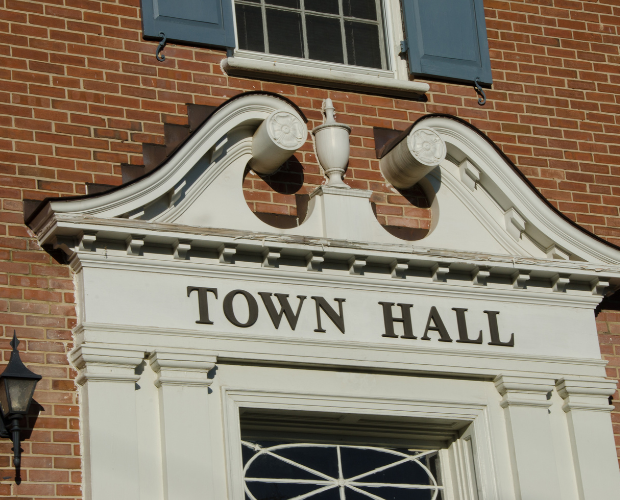T: 01822 851370 E: [email protected]
Finance
A National Audit Office (NAO) report reveals critical sustainability issues in local government finances, driven by rising demands on essential services and delays in finance reform. Despite a 4% increase in total funding through the Local...
A recent Local Government Finance Debate , overseen by Madam Deputy Speaker Caroline Nokes, offered a comprehensive platform to discuss the future of local government funding in England. Minister Jim McMahon and other key figures provided insights into the...
The Rural Services Network (RSN) continues to express deep concern over the significant disparities highlighted in the latest local government finance settlement. The funding allocations continue to disadvantage rural communities, where residents already face higher costs and reduced services compared...
Last week the Government published the policy statement for Local Government Finance 2025-2026. This included outline details of the headline allocations through the Provisional Settlement for Local Government for which a consultation will be launched in December ahead of the...
The Minister of State for Housing, Communities and Local Government, Jim McMahon MP has emphasised the direction of the new Government confirming they will “Provide more stability for councils through multi-year funding settlements, ending the competitive bidding process and reforming...
Last week, The Rt Hon Michael Gove announced an encouraging boost for rural communities: a £15 million increase in the Rural Services Delivery Grant for 2024-25. This raises the total to £110 million, a significant uplift that the Rural Services...
The Rt Hon Michael Gove has today (24th Jan) through written statement announced that he proposes to increase the Rural Services Delivery Grant by £15million for 2024/2025 resulting in a total of £110 Million. The Rural Services...
The Rural Services Network is the national voice for rural areas, campaigning on our members behalf for a fairer deal for rural communities. The consultation on the way that Government allocates funding for rural councils closed yesterday. However, you...
The Rural Services Network has yesterday submitted its response to the Provisional Local Government Finance Settlement consultation. This followed a meeting of local authority Leaders, Senior Councillors and Senior Finance Officers in SPARSE membership of the Rural Services Network, those...
The Provisional Local Government Finance Settlement was released on 18th December setting out the funding for Councils for the financial year 2024 to 2025. The consultation on the settlement runs until 15th January 2025, leaving councils little time to...
NEWSLETTER
Sign up to receive all our latest news and updates.
HOT TOPICS
Amid reduced public spending, fair resource allocation across regions is crucial. Despite a population larger than Greater London, rural areas receive significantly less funding for essential services, even though delivering these services in rural areas is more expensive.
Economic growth is widely acknowledged as essential for national wealth and prosperity and is a priority for political parties. Rural economies, employing millions and home to a higher proportion of small businesses, have potential for growth if barriers are removed.
Rural residents face distinct healthcare challenges, including limited access to transport, longer distances to medical facilities, an aging demographic, housing inadequacies, digital connectivity gaps, and difficulties recruiting health and care workers.
Rural communities are grappling with a severe affordable housing crisis, marked by high house prices, a lack of affordable housing, elevated living costs, and lower incomes, threatening their sustainability and vitality.
Transport is vital for the quality of life and economic health of rural areas, yet it faces challenges such as infrequent public bus services and less Government funding compared to urban regions.
Rural areas, encompassing a substantial portion of England's population and land, play a pivotal role in combating climate change and achieving the net zero target.
In an increasingly digital world, the lack of robust digital infrastructure in rural areas severely limits access to crucial services and stifles economic growth.
A future-focused vision for rural communities involves not just building the right homes in the right places but also ensuring thriving, sustainable communities.
SIGN UP TO OUR NEWSLETTER
Sign up to our newsletter to receive all the latest news and updates.










